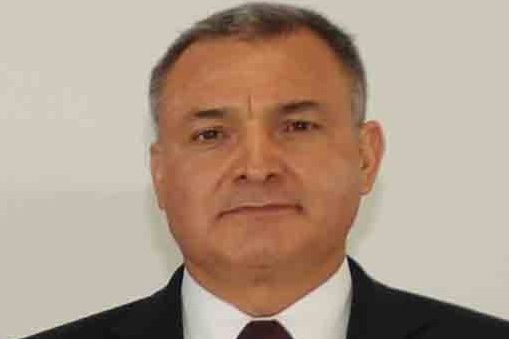Former Mexican Security Secretary Genaro Garcia Luna Found Guilty in U.S. Drug Conspiracy Trial
Former Felipe Calderon Secretary of Public Security Genaro Garcia Luna was found guilty on all five drug conspiracy counts in the U.S. District Court for the Eastern District of New York.





